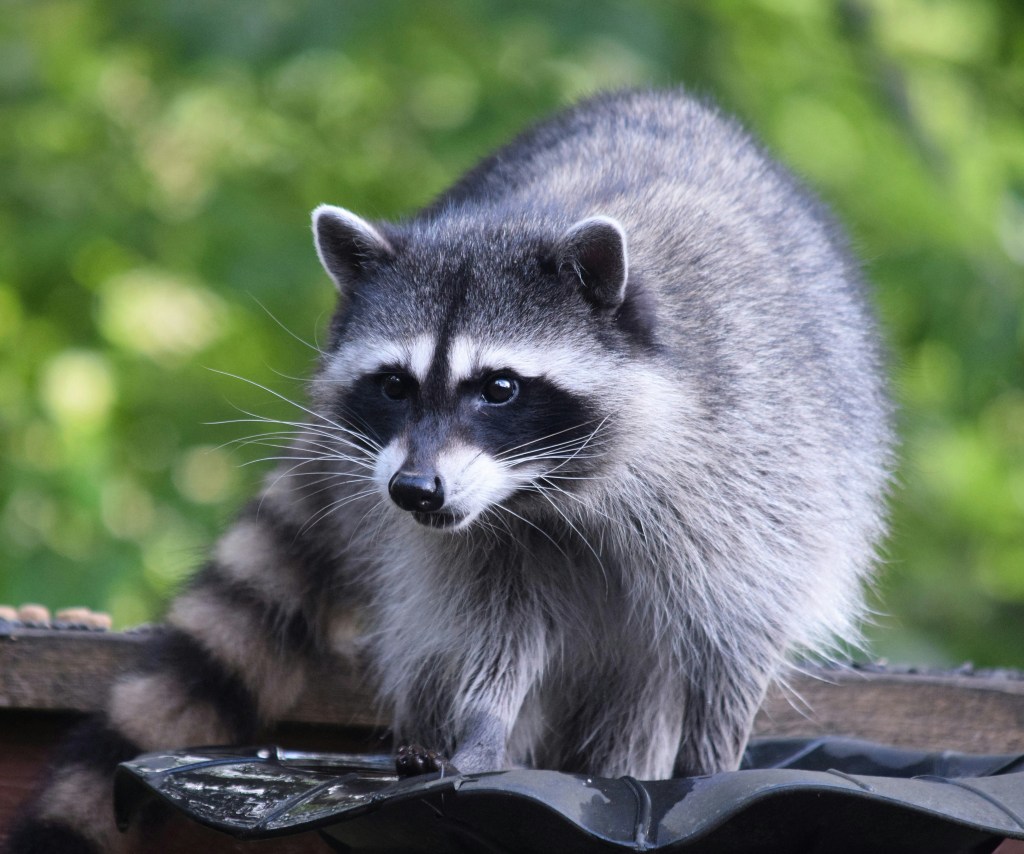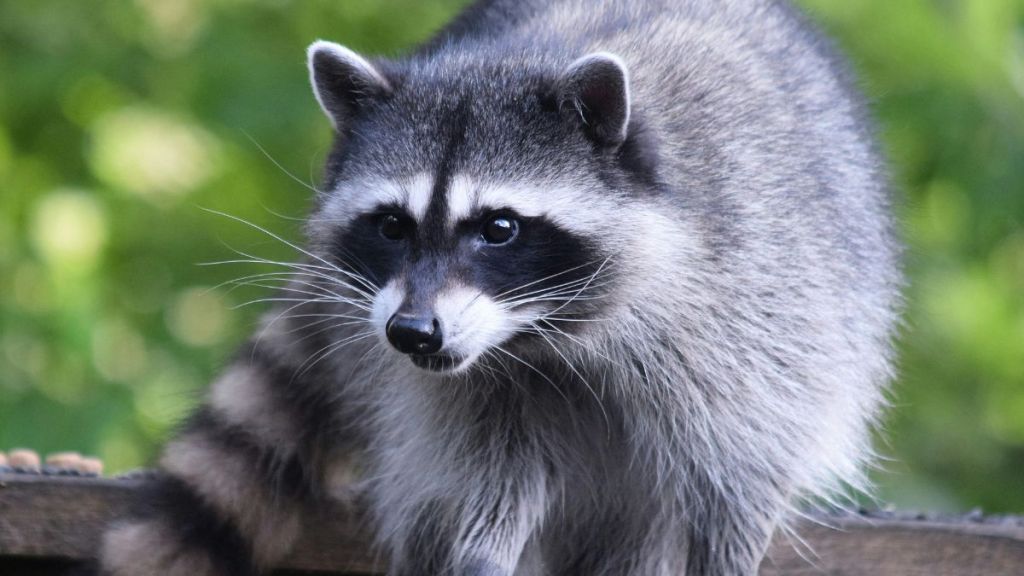When you need your pet to take their medicine, the easiest method of administration is to hide it in food. As it turns out, this works for wild animals, too! According to NPR, the USDA gets raccoons to take their rabies vaccines by putting them inside delicious treats. If you think that’s clever, just wait until you hear how they distribute these morsels!
Videos by InspireMore
In order to prevent raccoons from spreading rabies, the USDA disburses these vaccine treats in 14 states across the U.S. While it’s pretty easy to spread them around by hand in cities, it becomes more difficult in the country. So, officials had to come up with a better way to distribute lots of treats at once over a wide expanse of land. Their solution? Airplanes!
Every year, millions of tasty raccoon treats rain down from the sky, effectively bringing the vaccine to an at-risk population. Wired tells us that these lifesaving snacks come in two different flavors: fish and vanilla. While there’s a pretty strong contrast between these options, apparently they’re both very attractive to our four-legged, masked friends!

Although these treats are primarily distributed for the benefit of the raccoon population, the vaccine is also helpful to foxes and skunks. Thankfully, these critters are also pretty fond of the snacks. Unfortunately, so are some other animals, such as squirrels and opossums. Since the vaccine isn’t really for them, researchers are trying to come up with a treat that only attracts the intended creatures.
So far, this airborn treat distribution system has been very successful in keeping raccoon rabies under control. However, the government has a far more ambitious goal: to get rid of it completely! National Rabies Management Coordinator Rich Chipman told Wired that they’re hoping to do so by 2063. In the meantime, they’ll keep doing their best to prevent its spread among these animals.
You can find the source of this story’s featured image here.
Want to be happier in just 5 minutes a day? Sign up for Morning Smile and join over 455,000+ people who start each day with good news.


